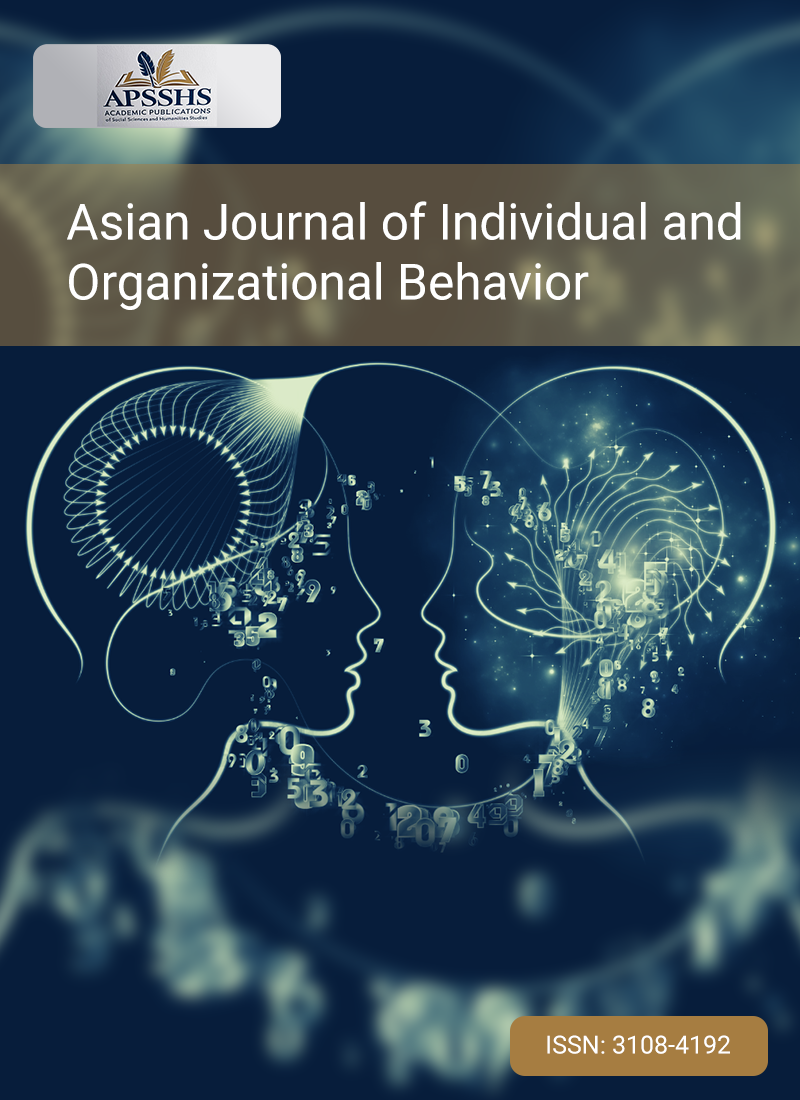
In Kazakhstan, the education system is transitioning from a traditional to a student-centered approach. While several studies have been conducted on various aspects of education in the Kazakhstani context, there is a lack of specific research addressing the impact of the school curriculum on students’ creativity. This study aimed to investigate the effects of the educational program at an experimental school in Kazakhstan on enhancing students’ creative potential. The research used qualitative methods, using semi-structured interviews, document analysis, and classroom observations. The participants included 12 students from grades 7-12 and 12 teachers in various subjects. The findings showed that the school curriculum positively influences the development of students’ creativity skills. However, it was recommended that more flexibility be incorporated into the curriculum to further enhance creativity. The study suggests recommendations for curriculum developers and school administrators to consider both students’ and teachers’ perspectives in refining the parts of the curriculum aimed at fostering creativity. Additionally, this study suggests further research on improving creative thinking in secondary schools using a mixed-methods approach and a larger sample size.